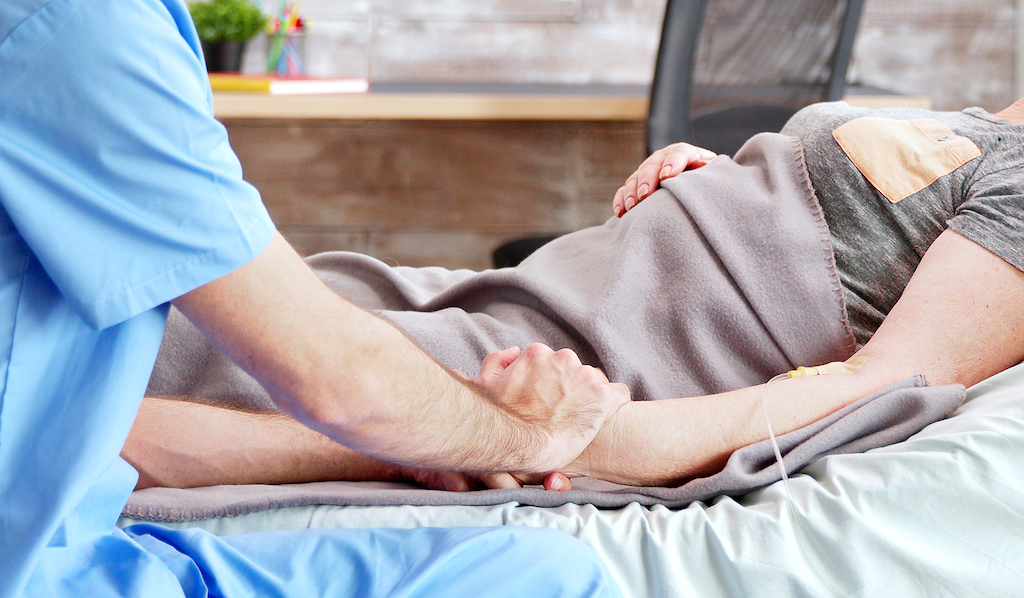By Nova24tv.si
The Dean of the Faculty of Medicine in Ljubljana, Igor Švab, a highly respected family physician internationally, has also spoken out against the proposed Law on Voluntary Ending of Life. He believes that the proposed law represents an unacceptable pressure on the medical profession and medicine. He also warns that the law could enable various abuses, such as euthanasia mobbing.
“Doctors and medicine have never opposed the idea of sparing people suffering at the end of life. We have always strived to reduce it and will continue to do so in the future. The patient has the right to choose the method of treatment, but it is true that voluntary ending of life in the manner proposed by this law does not belong to the field of medicine,” warns Dean Dr Švab. The proposal was unanimously rejected by the faculty senate. The Faculty, or the Chair of Medical Ethics, has prepared a position clearly stating that all medical organisations in the country oppose the proposed law, as reported by Družina.
Dr Švab states that he does not know the reasons why the drafters of the law decided on a proposal that significantly impacts the field of medicine without proper communication with the medical profession. “However, I do know that such a solution is not appropriate, as evidenced by the fact that other countries have opted for different solutions where this service does not fall within the domain of medicine and healthcare services. I hope that we will reach such a decision in Slovenia as well, where the dialogue will be comprehensive, lengthy, and will lead to a common position acceptable to the entire society, including medicine and the public.”
Unforeseen side effects
According to Švab’s opinion, the proposed law opens up the possibility of severe abuses, such as broadening the indications for euthanasia and euthanasia mobbing. He predicts that if the law is passed, it will be the doctor who will end up in the defendant’s seat before a judge, rather than those who proposed the law. “I am very afraid that there will be abuses and problems, and the responsibility will lie with the one who carried out such a procedure,” says the dean, adding that experiences from abroad show that so far, no safeguard has successfully prevented abuses. He mentions that in this area of legislation, we should look to Austria and Switzerland, where established solutions do not endanger patients or doctors, who could be pushed into serious ethical dilemmas by the existing version of the law, as reported by Družina.
“The past practice of euthanasia in countries where it is carried out has shown that no safeguards can prevent abuses. The main safeguard against euthanasia and voluntary ending of life (suicide) for individuals is the absence of such a law,” believes Dr Švab.

